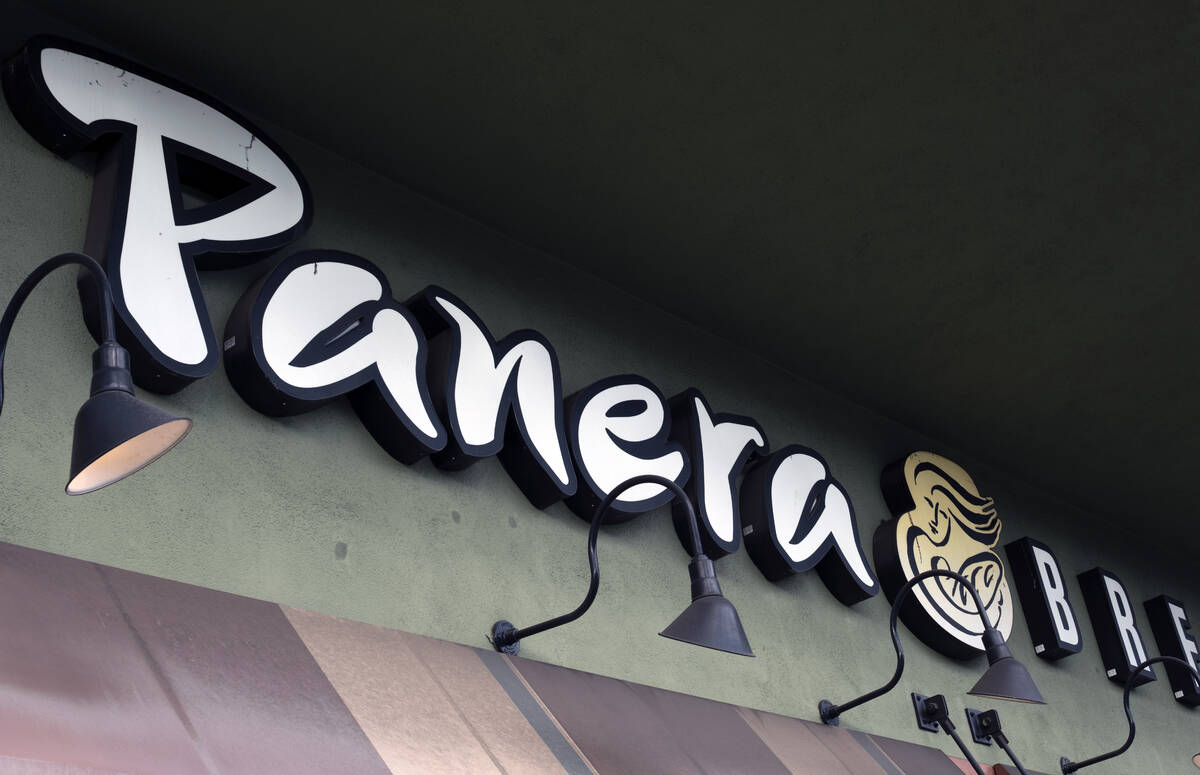Panera to stop serving ‘Charged Sips’ drinks after wrongful death lawsuits
Panera Bread said it’s discontinuing its Charged Sips drinks that were tied to at least two wrongful death lawsuits due to their high caffeine content.
Panera didn’t say Tuesday whether the drinks were being discontinued because of the lawsuits or health concerns, and it wouldn’t comment on the timeline for removing them from stores. Panera said it’s introducing new low-sugar and low-caffeine drinks after listening to customers’ suggestions..
The St. Louis-based company introduced Charged Sips in the spring of 2022. The fruit-flavored beverages contain between 155 milligrams and 302 milligrams of caffeine. The typical cup of 8-ounce coffee contains 95 milligrams of caffeine, according to the U.S. Food and Drug Administration, while a 16-ounce can of Monster Energy contains 160 milligrams.
For Panera, the drinks helped meet customers’ growing demand for natural drinks with functional benefits, like boosting energy or immunity. Charged Sips contained caffeine derived from guarana, a plant extract often used in energy drinks, and green coffee extract.
But last October, a wrongful death lawsuit was filed against Panera by the family of Sarah Katz, a 21-year-old University of Pennsylvania student with a heart condition who died in September 2022 after drinking a Charged Lemonade.
Then, last December, the family of a Florida man filed a wrongful death and negligence lawsuit against Panera.
In that case, the family said David Brown, 46, suffered cardiac arrest and died on Oct. 9 after drinking three Charged Lemonades at his local Panera. Brown’s family said Brown had high blood pressure and didn’t drink energy drinks, but believed Charged Sips were safe because they weren’t advertised as energy drinks.
The lawsuit said Brown had ordered at least seven Charged Lemonades over a two-week period before he died.
Panera’s online menu now includes the language, “Consume in moderation. Not recommended for children, people sensitive to caffeine, pregnant or nursing women.” It’s not clear when that was added.

















